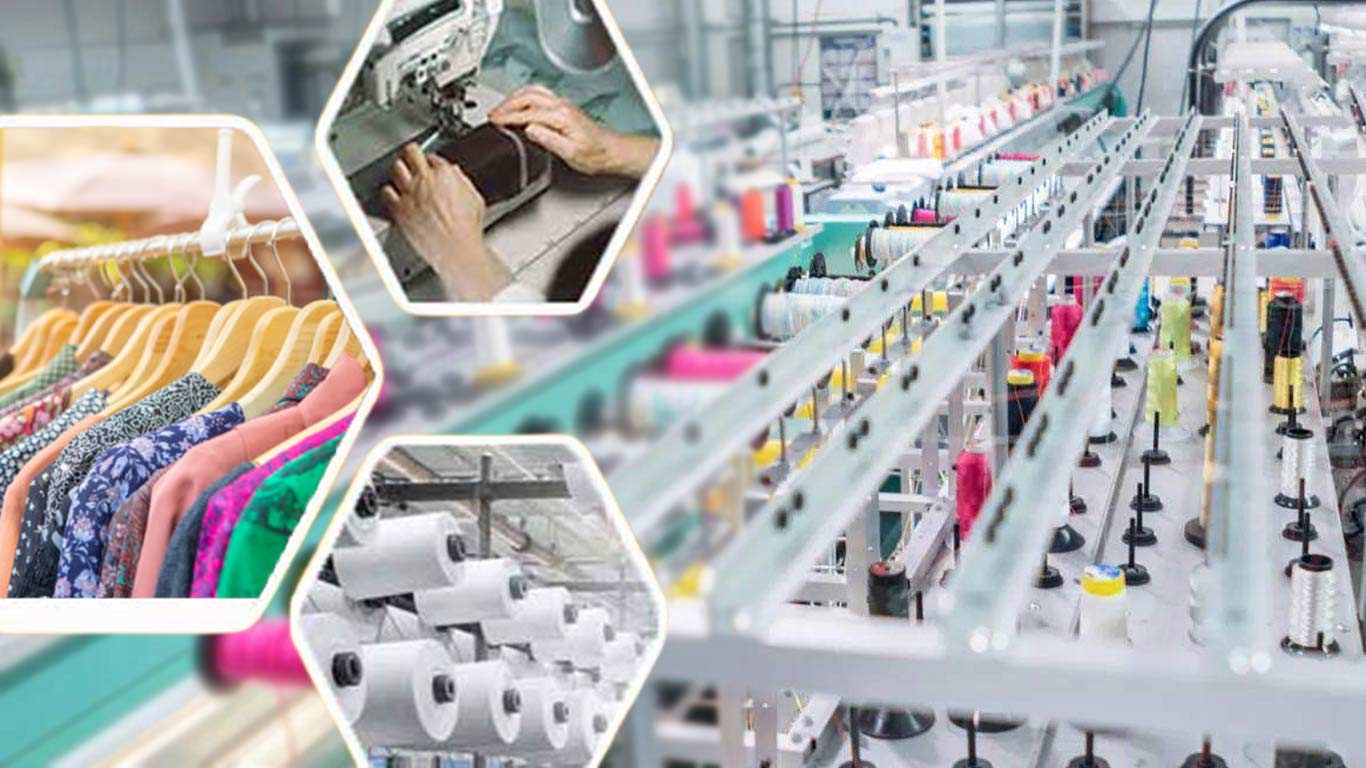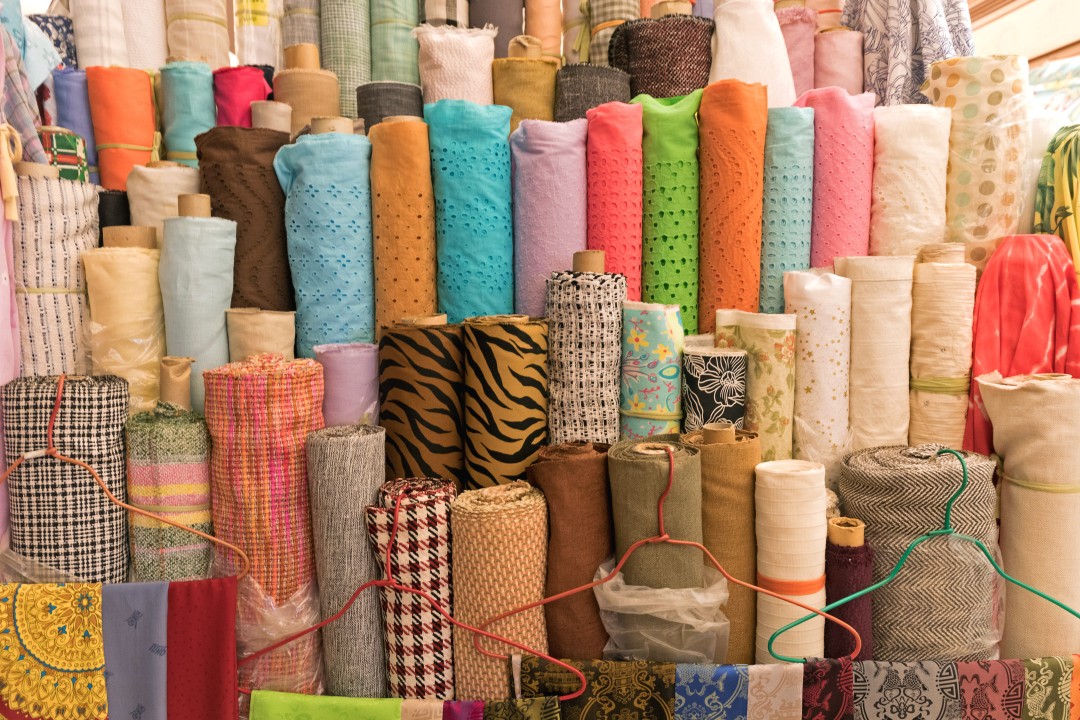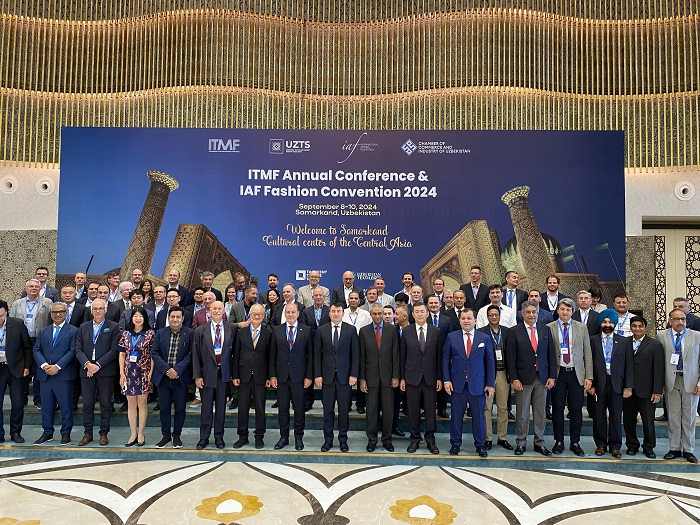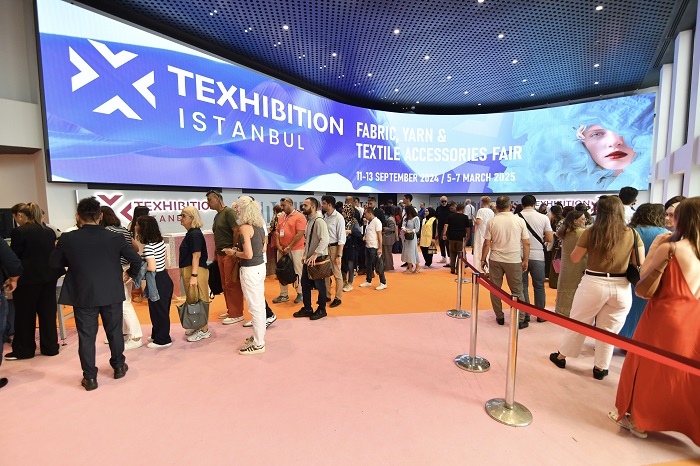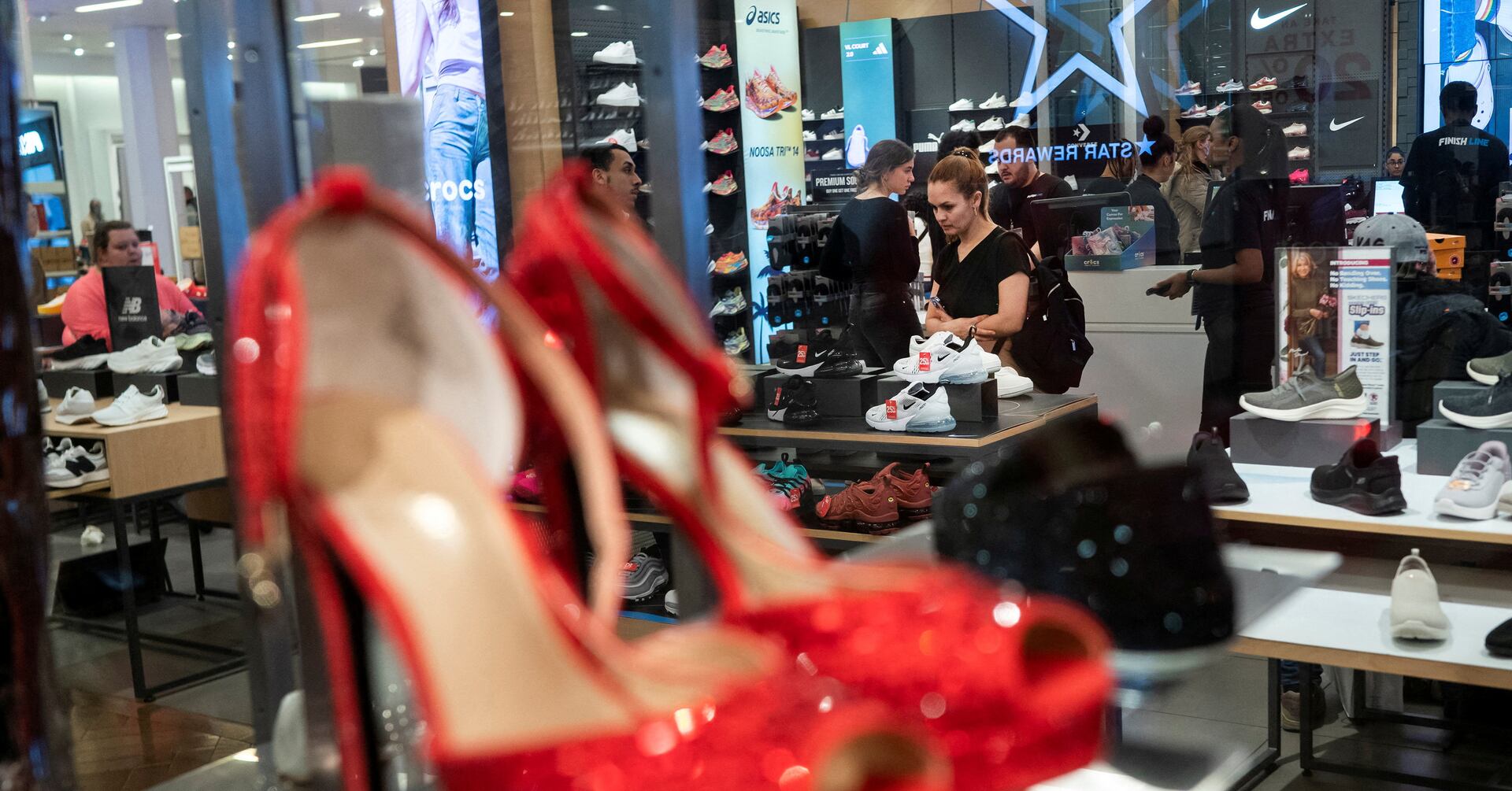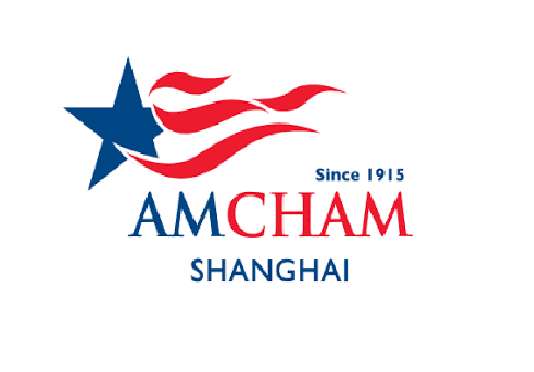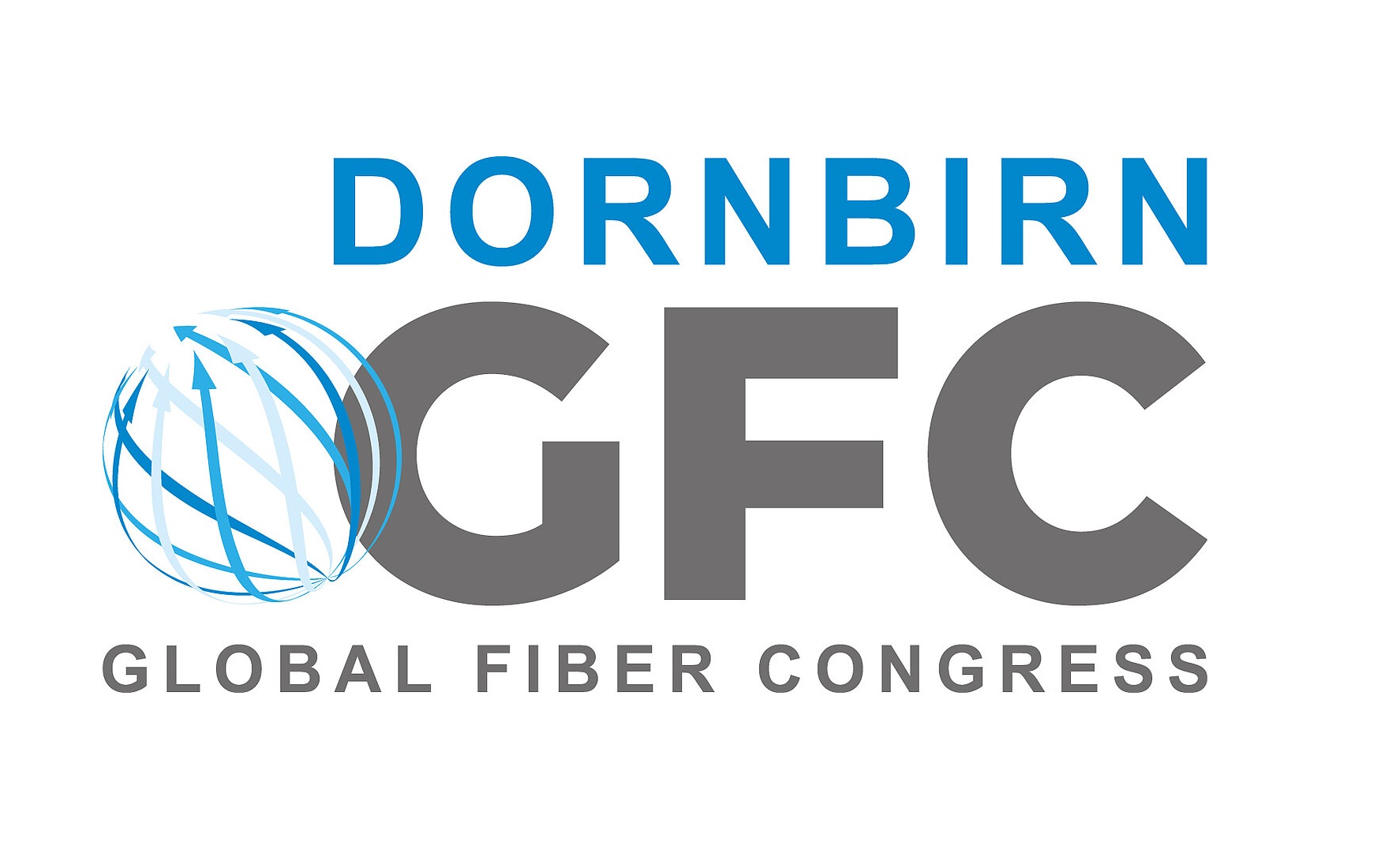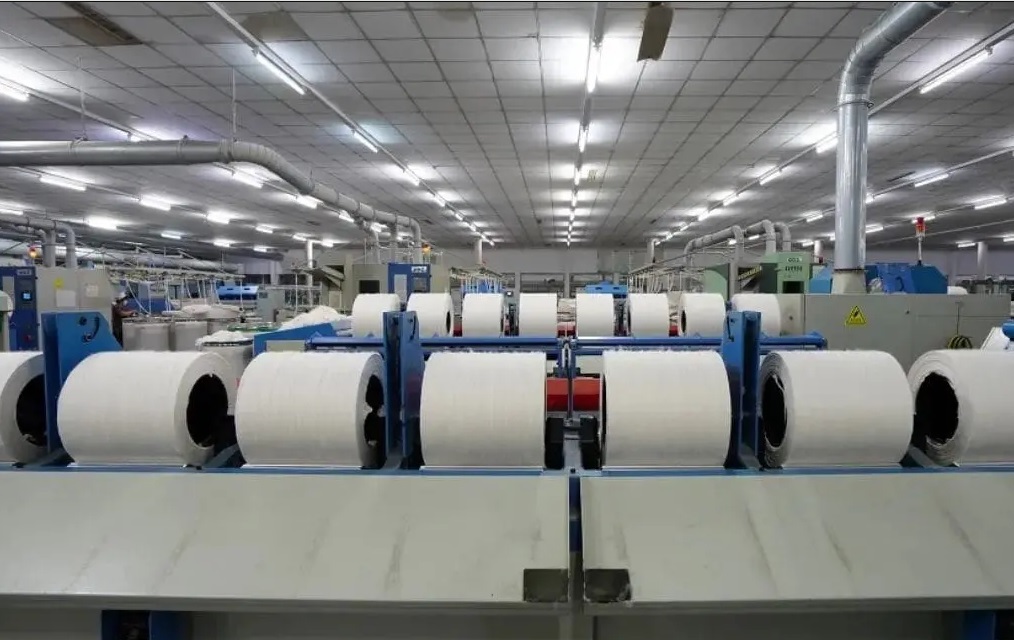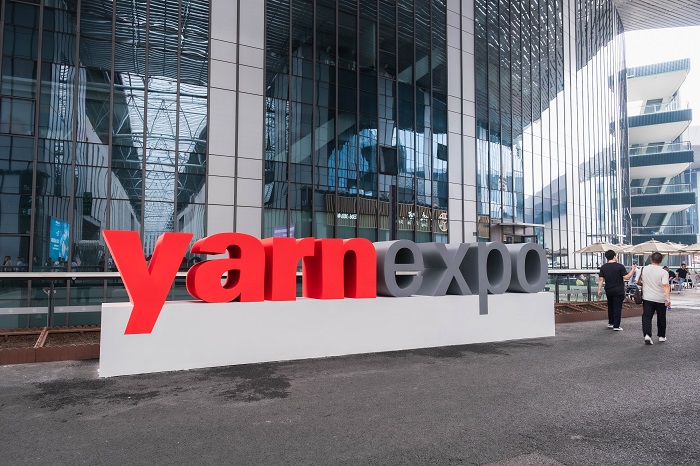FW
Indonesia’s local yarn manufacturers, who are struggling to compete with cheaper imported yarns due to higher production costs, have appealed to the government to safeguard locally-made goods. Led by the Indonesian Synthetic Fiber Association (ISFA), yarn manufacturers are petitioning their government to impose a temporary safeguard duty on imported yarn products.
As per the association, many foreign yarn producers have been dumping their products into the Indonesian market, selling them at lower prices in to compensate for weak global demand. There has been a rising demand for textile and garment products in recent years as the middle-class population has grown. But most garments use large amounts of imported yarns. ISFA hope that the government helps the yarn producers until there is a stable supply and demand in the global market.
In 2014, Indonesia’s local textile industry exported $12.7 billion worth of products, a slight increase over the previous year’s level of $12.5 billion. Additionally, the industry imported $8.39 billion worth of products. According to the ISFA, Indonesia’s 2014 total consumption of polyester was 620,000 tons, 135,000 of which was imported. Imports have greatly increased over previous years – in 2010 the country only imported 72,000 tons of polyester. The ISFA predicts that in 2015 the local textile industry will consume 650,000 tons of polyester.
www.fiber-indonesia.com
After the exports of Turkish textile and apparel sector to Greece went up 9.1 percent to $116 million in 2014, the first five months of 2015 concluded with a 19 percent decline, reveals İstanbul Textile and Apparel Exporters Association (İHKİB). The decline is primarily due to bankruptcy news that has hit eadlines worldwide.
Even Footwear Industrialists Association of Turkey (TASD) President Hüseyin Çetin said that manufacturers in Turkey are not favoring long term installment offers due to the high risk since there is no trust in Greek banks. He added that from 2014, Turkey was able to increase its exports by 50 percent to $10 million, while sales in the first six months of2015 were at $5.1 million, and the future outlook is a major concern.
The prospect of Greece leaving the Euro however, would carry severe implications according to Şeref Faya Turkey Clothing Manufacturers' Association (TGSD).
www.itkib.org.tr
Invista has unveiled a collection from emerging designers that explores the fashion potential of outdoor or active wear. The challenge for designers was to incorporate Invista’s breakthrough fabrics and fibers into designs that could live just as comfortably in an outdoor setting as a conference room. Active wear has become common in the workplace. There’s a sizeable shift in corporate culture recently, with active and outdoor wear being embraced by busy professionals.
Invista is one of the largest integrated producers of fibers and polymers. It’s pairing cutting edge designers with cutting edge fabrics. Companies are starting to understand the need for commuter wear and to accept it as part of the working lifestyle.
Both men and women are willing to pay more for added benefits such as quick dry. Lifestyle considerations, such as going from the gym to the workplace to the bar – are fuelling these buying trends. Over 40 per cent of men want better fits, while over 70 per cent of women wear their black workout leggings to hang out in.
A turning point has been the merging of technologies like Invista’s T400 and Coolmax technologies. These fibers are designed to offer the right amount of stretch and freedom of movement needed for biking and hiking thereby providing the perfect foundation for casual business wear.
www.invista.com/
Yiwu Tex will be held in China from November 30 to December 3, 2015. This textile machinery exhibition helps textile enterprises realise transformation and enhance competitiveness. Yiwu Tex is a specialised show which focuses on the knitting and hosiery industry. It targets advancement, energy-saving and automation technology, providing a one-stop platform running through the knitting and garment industry.
The show will present new textile technology applications in knitting and garments, medical hosiery, seamless underwear, functional sportswear, interior auto parts, footwear, home textile and many other sectors. The knitting industry occupies an important position in China’s textile industry.
A series of events and forums will be held during the show to analse the latest design trends. It is a combination of theory with visual display. Buyers can experience the latest topics of fashion. There will be forums on latest trends in lingerie and knitted apparel, functional sportswear and waste water treatment.
Yiwu Tex 2014 covered an exhibiting area of 15,200 sq. mt., featuring more than 200 leading international exhibitors from 10 different countries and regions. It accommodated over 530 sets of machineries and equipment, which attracted 9,130 important buyers from 29 countries and regions and more than 10 professional associations and enterprise delegations.
www.yiwutex.com/
Myanmar has for the first time set a minimum wage for garment factory workers. The eight-hour daily minimum wage will be applied to businesses with more than 15 workers in all regions and states. It’s based on a five-day work at eight hours per day, and Saturday work at four hours per day.
This represents an approximate doubling of the average base pay for new workers. Myanmar pays double for overtime and overtime kicks in at 44 hours per week rather than at 48 hours, as in most neighboring countries. Hence a higher base pay has a larger add-on effect when factories operate on an overtime basis.
Myanmar currently has the second lowest garment sector wages in South and Southeast Asia, with Bangladesh the lowest. The changes mean that while Myanmar will still have more cost-competitive labor rates than Cambodia and Vietnam, it will be higher than Bangladesh.
One of the biggest challenges has been to set a wage that ensures Myanmar remains competitive as a sourcing destination, but reduces the likelihood of strikes by ensuring workers have enough to live on. The country has set a target of earnings $2 billion from garment exports by 2016 from its 275 large, garment exporting factories.
The show is being held from July 1 to 3, 2015. This is a fiber trade show presenting the latest yarns from the knitting industry. Pitti Filati attracts international buyers and designers from the biggest names in fashion. The Filati research lab helps designers understand the trends of the future. The lab theme for Fall/Winter ’16 is ‘Make It’. It hones on the concept of skills and crafts. It’s taken from the idea of looking at objects that have survived through the ages; ordinary, everyday things where craftsmanship stems from human need.
For a period of 13 weeks, international buyers can browse the collections of 1,336 brands – men’s wear, women’s wear, kids’ wear, and yarns – and view 8,000 products online through high definition videos and pictures. It signifies a shift in manufacturing preferences. Italian yarns are resurfacing for their luxurious properties. High end American and European labels are re-tapping Italian mills for lustrous cashmeres, wool and readymade knitwear.
Italy’s fashion and textile sector is said to be on the rebound after a two-year downturn, with total revenue rising only 2.7 per cent in 2014. However, with a recovery in the American market and the strong US dollar, domestic sales are expected to gain 3.8 per cent in 2015.
www.pittimmagine.com/
Myanmar has for the first time set a minimum wage for garment factory workers. The eight-hour daily minimum wage will be applied to businesses with more than 15 workers in all regions and states. It’s based on a five-day work at eight hours per day, and Saturday work at four hours per day.
This represents an approximate doubling of the average base pay for new workers. Myanmar pays double for overtime and overtime kicks in at 44 hours per week rather than at 48 hours, as in most neighboring countries. Hence a higher base pay has a larger add-on effect when factories operate on an overtime basis.
Myanmar currently has the second lowest garment sector wages in South and Southeast Asia, with Bangladesh the lowest. The changes mean that while Myanmar will still have more cost-competitive labor rates than Cambodia and Vietnam, it will be higher than Bangladesh.
One of the biggest challenges has been to set a wage that ensures Myanmar remains competitive as a sourcing destination, but reduces the likelihood of strikes by ensuring workers have enough to live on. The country has set a target of earnings $2 billion from garment exports by 2016 from its 275 large, garment exporting factories.
Yarn manufacturers in Indonesia want temporary safeguard duty on imported yarn products. Yarn manufacturers are keen to protect the country’s domestic industry whose products, particularly polyester, have struggled to compete with cheaper imported yarns due to higher production costs.
Foreign yarn producers have essentially dumped their products on the Indonesian market, selling them at lower prices, in an effort to compensate for weak global demand. There is a rising demand for textile and garment products in Indonesia. But most of the garments use large amounts of imported yarn. Indonesia’s 2014 total consumption of polyester was 6,20,000 tons, 1,35,000 of which was imported. Imports have greatly increased over previous years.
It is hoped that the measures called for will induce downstream textile companies to use local yarn products. Competition in the polyester sector has been particularly fierce and Indonesia’s local manufacturers have found themselves on the losing end of recent battles.
Indonesia is not the only country in Southeast Asia to find itself in a conundrum vis-à-vis yarn and the products made out of it. As a part of the ongoing Trans-Pacific Partnership negotiations, the US is currently pushing Vietnam to drastically reduce imports of textiles from China (which is not a part of the TPP). It is the intention of the United States to push Vietnam to begin importing more fabric from the US, thus growing its own fabric industry and creating more jobs.
China is keen to join TPP but for that the country will need nod from the US and also have to negotiate separately with each of the 12 countries that are part of TPP, to obtain membership. The countries will have the right to set conditions for China and China will have to pay to join the TPP. But it is still unclear what price China will have to pay.
The TPP agreement is expected to control 40 per cent of the world’s trade and will directly confront China. It is obvious that the TPP upholds the 12 countries’ interests and protects them from being blocked by China. Vietnamese textile and garment enterprises have been using Chinese materials to make finished products. However, when Vietnam joins the TPP, it would rather buy input materials from TPP member countries to be able to enjoy TPP’s preferential tariffs. If so, China will lose an important customer.
On the other hand China has been preparing well for this. It has relocated factories to Vietnam to make Vietnam-sourced products which can enjoy preferential tariffs. Besides the TPP, the US has announced the launch of talks on the Transatlantic Trade and Investment Partnership with the 28-nation European Union, with the first round of negotiations due early July.
Chambal Fertilisers and Chemicals has entered into an agreement to sell its textile business to Sutlej Textiles and Industries for Rs 232.63 crores. The unit Birla Textile Mills (BTM) located at Baddi in Himachal Pradesh will be sold on a 'slump sale' basis subject to requisite approvals, the company said in a BSE filing.
"The company has executed business purchase agreement on June 30, 2015 for sale of BTM to Sutlej as a going concern on slump sale basis," the filing said. The sale transaction, which has already been approved by the Competition Commission of India (CCI), would be subject to requisite approvals and fulfillment of various other conditions as mentioned in the agreement, it said. In March, Chambal Fertilisers had said that the textile unit would be sold for Rs 232.63 crores.
Kolkata-based Chambal Fertilisers, predominantly a producer of farm inputs, also has shipping division. It has other business interests through its subsidiary in the software sector.
www.chambalfertilisers.in

